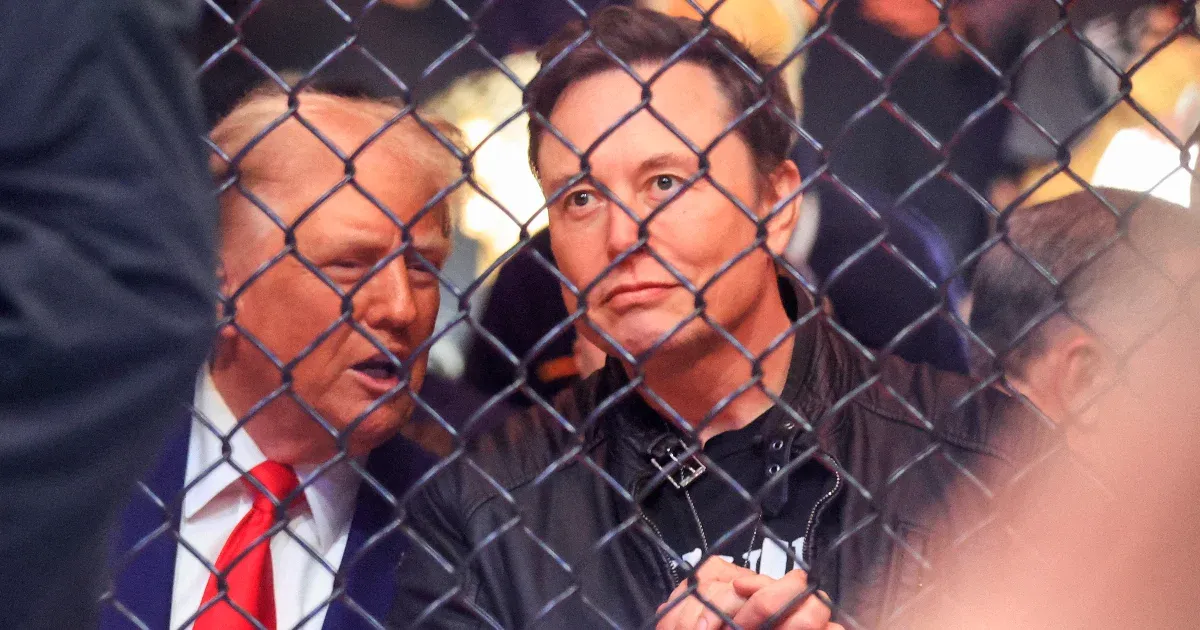Dr. Marta Fulop is a psychologist, university professor and scientific advisor at the Institute of Cognitive Neuroscience and Psychology of the Natural Sciences Research Center HUN-REN, head of the Social and Cultural Psychology Research Group and professor at the Károlyj Gaspar Correctional University. He is a national and international authority in the field of competition research who, in his own words, has devoted almost his entire life to the subject. In an interesting interview, we talked to him about things including:
- Is it possible to separate competition and cooperation?
- What does the Japanese competitive spirit look like?
- What are the conditions for constructive competition?
- What do highly competitive schools look like?
- Why might Hungarian students be vulnerable to cheating?
- But there has also been talk of raising children in Hungary and China in connection with the competition.
When did you start researching the competition?
My undergraduate thesis was actually about this, and I've been investigating this continuously ever since, for 40 years now. Initially, I was excited because assessing competition and cooperation in social psychology was so simplistic. I've called this the “Beauty and the Beast” model: Beauty is cooperation, and the Beast is competition. This partly corresponds to the perception of ideological competition prevalent in socialist Hungary in the 1970s, which strongly condemned competition and attempted to remove it from political and economic life. From the beginning, I thought more carefully about the relationship between competition and cooperation, not seeing them as mutually exclusive, but often intertwined. Not only did I see the negative and destructive side of competition, but I also saw competition with constructive and positive consequences.
What are the conditions for constructive competition?
The most important thing is compliance, as competing parties adhere to the informal written, institutional and unwritten rules of the competition. This creates a kind of trust between the competing parties: everyone can safely focus on performing as well as possible during the competition, and getting the most out of themselves. This way, you won't have to constantly monitor your opponent to avoid an erratic fight. In this case, the basic cooperation between competing parties is adherence to the rules.
What does it depend on whether the rules are followed?
It also has individual, situational, social and cultural components. One of the most important situational factors is how clear the rules are and what the consequences are for not following them.
My research shows that it is easier for competing parties to deviate from the rules when the stakes of competition are high and resources are scarce, meaning that if someone doesn't win, there are no other similar opportunities for them to pursue. compete. For example, if there is a large amount of money at stake or jobs are at stake. It can also lead to a rule violation if competing parties start with unequal chances in a situation.
What happens when someone is caught cheating?
If someone loses because they were cheated, their main emotions will be frustration and anger. If you feel like you have a chance to prove yourself right, some of your energy will go into exposing or getting back at the cheater. However, if he does not have the opportunity to do so, he will feel helpless, lose confidence in the competition, and if he has to get into such situations again, he will become suspicious.
The impact of school cheating on society
What promotes compliance?
Good relationship between competing parties. Our investigations also revealed that if rules are followed, communication between competing parties is open, and they feel they are learning and developing as they compete with each other, a neutral relationship can become positive. Rivals may fall in love with each other. However, if both parties use aggression and manipulation, the competition becomes hostile.
Who can stop destructive competition?
In the institutional environment, at school or work, leaders (teachers and managers) play a big role in clarifying the rules of competition, what is and is not allowed in competition, and what the consequences are if someone breaks these rules. It is important for the manager to explain why it is important not to study or work in a competitive environment that is destructive for everyone. In other words, constructive competition must be social. One of the researches also revealed that if the competition is fair and regular, the winner and loser do not move far away from each other. The winner is able to recognize the loser's efforts, and the loser is able to recognize the winner.
School tests were also conducted, and what did they reveal?
In a survey conducted by observing Hungarian, Slovenian and English students, we found that Hungarian teachers gave children a lot of competitive tasks and usually left them to correct them. But children often cheated on the test, and this was particularly typical of Hungarian school children. It is also interesting that if the teacher did not notice the fraud, but a colleague did and reported it to the teacher, the teacher warned him that it was none of his business, did not credit the whistleblower, and did not deal with the fraud. According to our observations, this happened in nine cases out of ten: it was not the fraudster who was morally condemned, but the fraudster, and the fraudster could happily experience the fact that he was “clean.” We also noticed that the 10th grade students were shooting while writing papers, which the teacher did not see, but the other students did. Here no one speaks anymore: they have learned that both the teacher and society condemn those who warn against observing the rules of competition, and not those who break the rules.
What could be the explanation for this?
This is partly due to the fact that we see rules not as meaningful consensus-based tools that promote constructive coexistence, but rather as meaningless control imposed on us by the authorities (unfortunately, often, of course, correctly), and therefore we regard those who warn against non-compliance as traitors. . This leads to distorted morals. The leader or teacher should say that observing reasonable rules helps common development and group cohesion, and if someone breaks them, the group should understand this. In our joint article published with former doctoral student Gabor Oros and my French colleague Christine Rolland-Levy, we showed that school fraud is positively associated with social corruption.
Asian thread
He also conducted research in Japan, if I understand correctly.
Japan is characterized by strong competition and high-level cooperation, and I was very interested in this. In addition, this was in the period 1996-1997, when, shortly after the regime change, competition appeared in Hungarian society in both economic and political life, but due to the lack of sufficient regulatory mechanisms, this competition was “cruel”. And hostile.. It lacked the ability to cooperate with competing partners, and in comparison, Japan proved to be an excellent field of research.
In the island nation, a competitor is not just an enemy, but also a partner. The goal of the competing parties is to develop and grow, by competing with each other.
Competitors exchange inspiration with each other, so the goal is not to eliminate the competitor, but to keep him in the competition, because this ensures development. Naturally, there is also hostile competition, just as competition for development can be identified among the Hungarian participants. But the Hungarian participants are focused on themselves, and if they are also focused on the competitor, then in a negative sense, on eliminating him.
He said that at the beginning of his competitive research, the concept was widespread even among psychologists It was very negative …
Yes, for example, there was also a common belief that students in competitive schools were psychologically burdened. But in one of our studies, we compared 11th grade students at the nation's best high schools with students of the same age at Waldorf schools, and found that
A competition-oriented atmosphere minimizes anxiety, while competition-avoidant behavior leads to worse health indicators, regardless of which school the student attends.
The most important factor in student health was the presence of protective factors regardless of competitive or non-competitive atmosphere. Those with strong resilience, positivity, and self-efficacy are healthier in both competitive and non-competitive environments, and those who avoid competition are in worse psychological shape even in non-competitive environments. In other words, the effect of “race stability” is actually minimal.
Whose competitive position depends on what?
The family plays the most important role in this matter. We are currently conducting a Hungarian-Chinese comparative study, in which we ask parents of children aged 3 to 9 years, especially mothers, what kind of attitude towards competition they would like to develop in their children. What do they teach young people how to deal with winning and losing, and what are the educational methods used to achieve this?
What did they find in the Sino-Hungarian comparison?
The competition in China is very strong, and parents take this for granted and try to prepare their children in the best possible way to stand in this tough competition. Chinese mothers have a very precise idea of how to handle winning and losing. Hungarian mothers are more ambivalent about competition: they often want their children not to be competitive, and they try to protect their children from the competitive environment. They have no specific idea of socialization for competition.
Interestingly, despite the high level of corruption in Chinese society, which means non-merit competition, young people still believe that their prosperity depends on them, their own effort, hard work, and their standing in the competition. They believe in work and in the fact that it is worth fighting and making the most of yourself. At home, we tend to get frustrated if society is corrupt, if competition is unfair: it doesn't matter if we're good or not, it's not worth fighting for. But even in an unjust system, one has a better chance of achieving one's goal if one does not give up.
(Cover image: Dr. Marta Fulop. Photo: Kata Nemeth / Index)














































